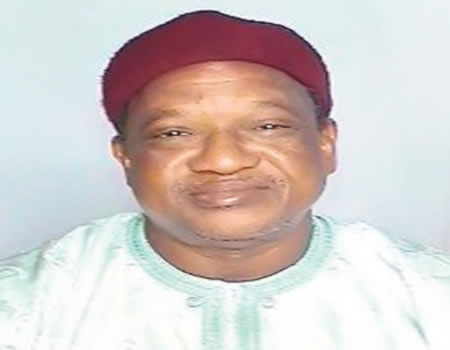
FORMER Governor of Yobe State and Senator representing Yobe East Federal Constituency in the National Assembly, Senator Bukar Abba has announced his readiness to sponsor a bill for an Act in the National Assembly on renewable energy from fossils to clean energy.
Senator Buka, who therefore, advocated for the need to adopt renewable energy, said it was high time Nigeria embraced clean energy to reduce climate change impact and increase divestments from fossil to renewable energy.
He made this known in Abuja at the launch of “Just Energy Transition” (renewable energy) by the Environmental Rights Action/Friends of the Earth Nigeria (ERA).
Senator Abba, who is the Chairman House Committee on Ecology and Climate Change, promised to push the bill beyond the National Assembly to the Executive for Presidential approval.
ALSO READ: How fuji icon, Alh. Obesere escaped Lagos/Ibadan express way fire incident
According to him, “Just Energy Transition” (renewable energy) for Nigeria is a must. We cannot run away from it. With all these documents, I have an additional task of studying and understanding them and to present them to the Senate President of Nigeria for it to be passed and signed into law by our beloved President.
“I am absolutely prepared and totally committed to push the bill. I will locate the pending bills on environmental regulation and protection and ensure they are passed. Energy issues are very important to humanity today,” he assured.
Earlier, the Executive Director of ERA, Dr Uyi Ojo said the project launch was to promote adoption of alternative energy source such as clean renewable energy rather than fossil fuel.
He said it would foster adequate provisions of climate and energy solutions for everyone.
“The future we want is energy access that is clean, reliable and affordable, a healthy environment and decent green jobs. Hence there is need for divestment from fossil fuel development to pave the way for decentralised energy systems in mini-grids, off-grids and non-grid systems in ways that individuals and communities participate.”
Dr Ojo stated that the nation has shown some commitments in paper as parts of efforts to reduce carbon emissions by 20 per cent unconditionally and 45 per cent conditionally by 2030.





